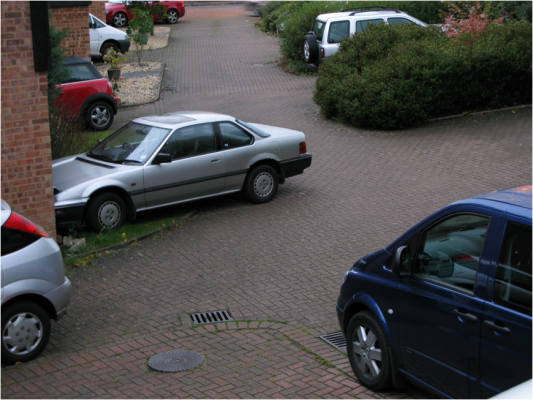PygletPaws
New Member
Hi all,
Purchased my first Mercedes last year and also it was my first automatic. It’s a 2022 A250.
Salesman said he never manually engages the electric handbrake and just allows it to engage automatically when he switches the engine off.
Because of this advice, I currently do the following when I park:
1.Stop the car, still in Drive
2. Press the Park button on the end of the lever
3.Switch off engine, which automatically engages the elec handbrake
However I recently read that this will cause damage by putting strain on the gearbox and was advised instead to:
1.Stop the car, still in Drive
2. Flick the lever to Neutral
3. Manually press the elec handbrake button
4. Press the Park button on the end of the lever
5. Then switch off engine
What are everyone’s thoughts? Any advice please?
I appreciate this may seem a ‘daft’ question, but it’s my first auto and I don’t know anything technical about cars from an engineering perspective to know what is right or wrong or what may cause damage.
Many thanks everyone.
Purchased my first Mercedes last year and also it was my first automatic. It’s a 2022 A250.
Salesman said he never manually engages the electric handbrake and just allows it to engage automatically when he switches the engine off.
Because of this advice, I currently do the following when I park:
1.Stop the car, still in Drive
2. Press the Park button on the end of the lever
3.Switch off engine, which automatically engages the elec handbrake
However I recently read that this will cause damage by putting strain on the gearbox and was advised instead to:
1.Stop the car, still in Drive
2. Flick the lever to Neutral
3. Manually press the elec handbrake button
4. Press the Park button on the end of the lever
5. Then switch off engine
What are everyone’s thoughts? Any advice please?
I appreciate this may seem a ‘daft’ question, but it’s my first auto and I don’t know anything technical about cars from an engineering perspective to know what is right or wrong or what may cause damage.
Many thanks everyone.



